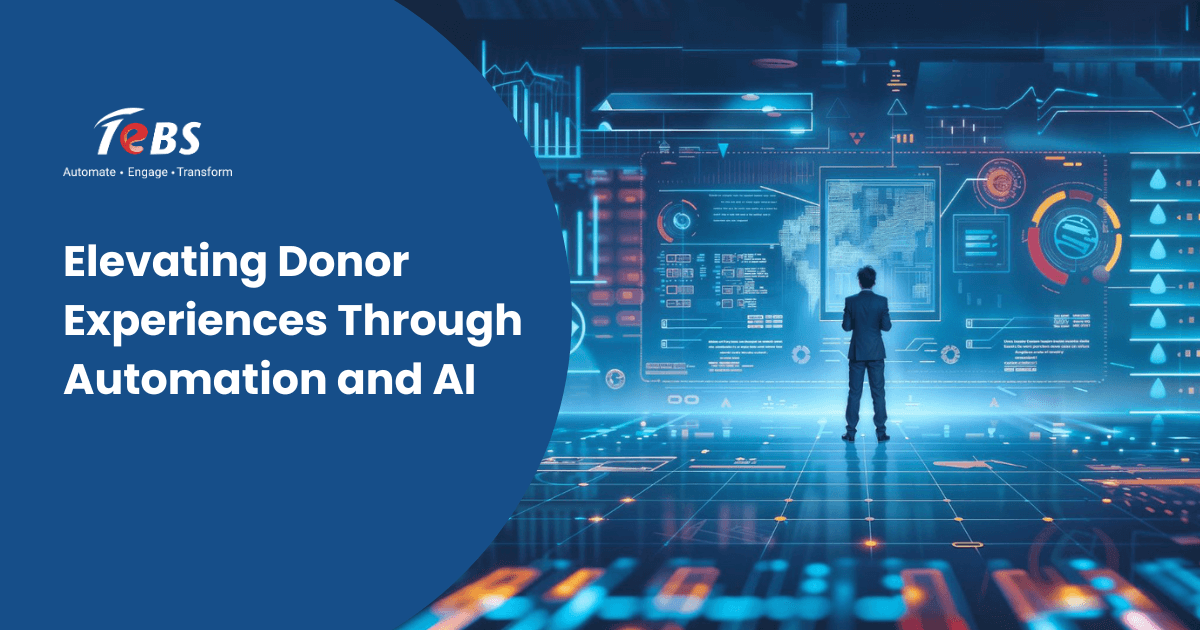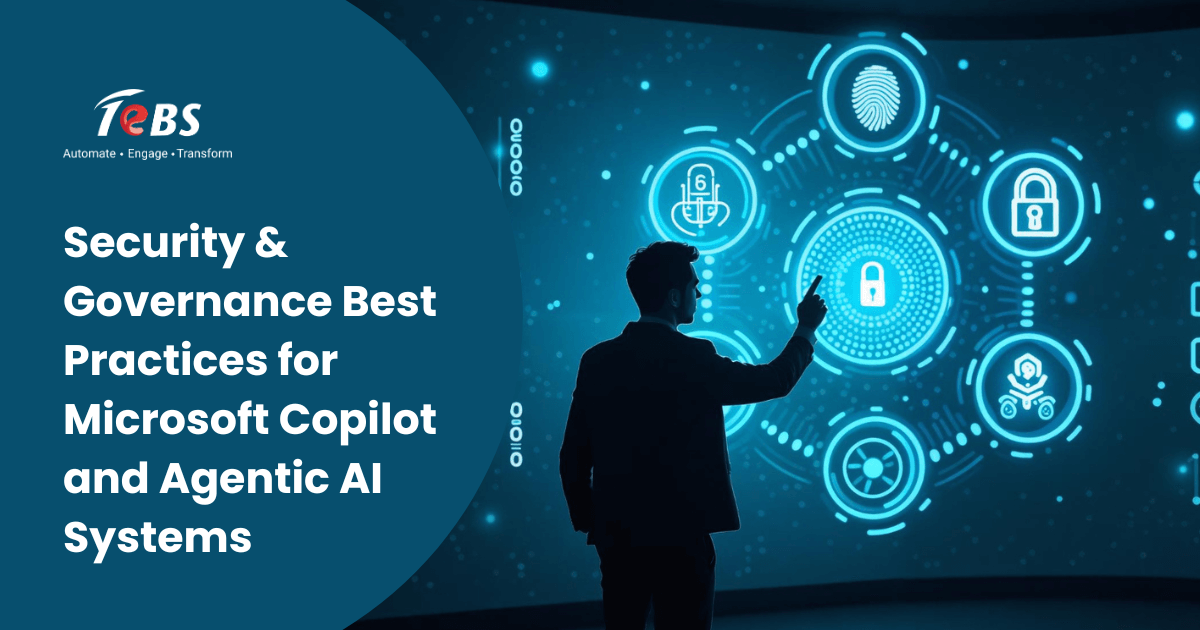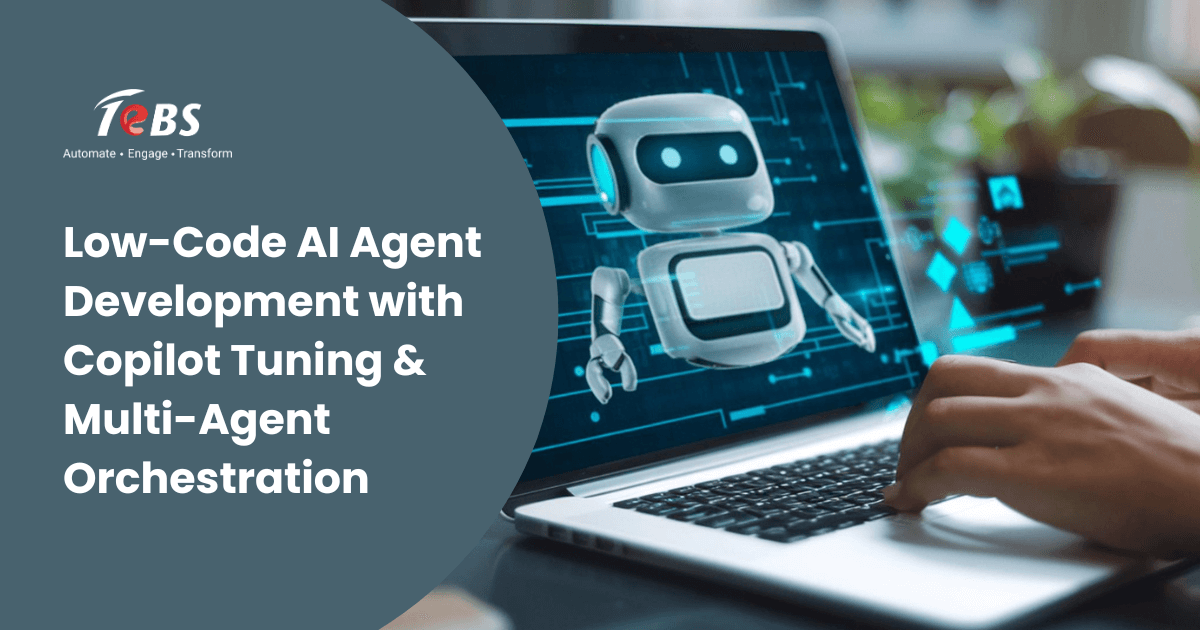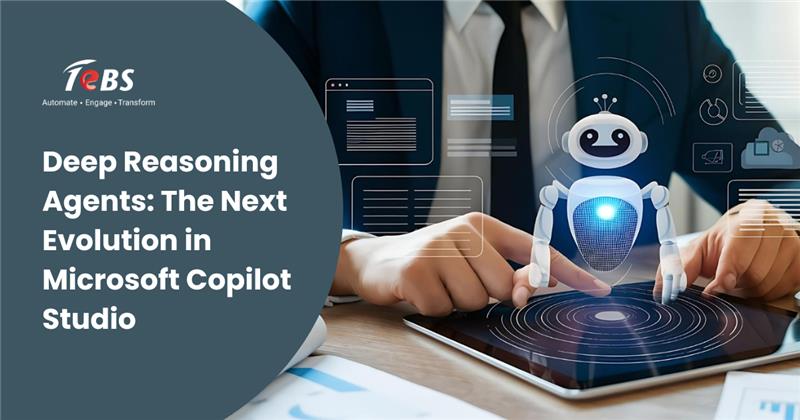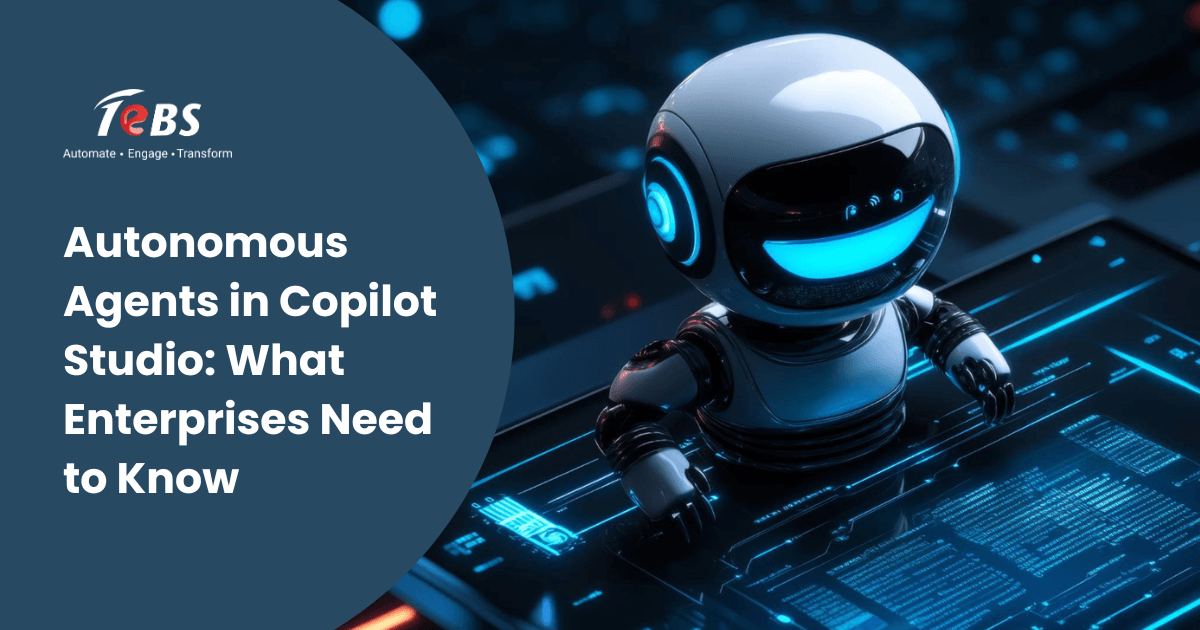In the evolving landscape of philanthropy and nonprofit outreach, engaging and retaining donors is no longer just about inspiring generosity.
It is about building meaningful, long-lasting relationships that are responsive, personalized, and efficient.
As organizations strive to deepen these relationships, the integration of automation and artificial intelligence is transforming the way donor experiences are shaped and delivered.
From simplifying routine interactions to delivering personalized engagement at scale, automation and AI have become essential tools in optimizing every phase of the donor journey.
These technologies allow organizations to move beyond traditional, manual outreach efforts and create smarter, more connected experiences that resonate with the modern donor.
Understanding the Need for Enhanced Donor Experiences
Donors today are looking for more than just a transactional relationship. They expect organizations to understand their preferences, recognize their contributions, and communicate in a way that feels personal and timely.
Traditional donor management systems often fall short in meeting these expectations due to limitations in data processing, segmentation, and real-time responsiveness.
Manual processes can lead to delays, inconsistencies, and missed opportunities for engagement. In contrast, a technology-powered approach enables organizations to track, analyze, and act on donor behavior and preferences in real time.
This shift from reactive to proactive engagement is at the heart of delivering exceptional donor experiences.
The Power of Automation in Donor Engagement
Automation plays a foundational role in eliminating repetitive tasks and ensuring consistency in communications.
Whether it is sending personalized thank you messages, triggering reminders for recurring donations, or scheduling follow-ups based on donor activity, automation ensures that every touchpoint is timely and relevant.
One of the key benefits of automation is its ability to maintain continuous engagement. For instance, new donors can be welcomed with a series of automated messages that introduce them to the organization’s mission, impact stories, and upcoming events.
This kind of automated onboarding creates a warm, structured experience that builds donor confidence and loyalty from the outset.
In addition, automation can streamline internal workflows by coordinating between departments, managing donor databases, and generating reports for performance tracking.
This allows staff to focus more on strategic tasks rather than being tied up in administrative work.
AI Driven Insights for Personalized Donor Journeys
While automation ensures consistency, AI adds the layer of intelligence needed to personalize and predict donor behaviors.
By analyzing large volumes of donor data such as past giving patterns, event participation, and communication preferences, AI can uncover meaningful insights that guide targeted engagement strategies.
Personalization powered by AI enables organizations to send content that is not just timely, but also contextually relevant.
For example, instead of sending a generic donation appeal, AI can identify the specific causes or projects a donor is most likely to support and craft messages accordingly.
This significantly improves the chances of donor response and satisfaction.
AI can also optimize the timing and channels of communication. Some donors may respond better to emails in the morning, while others may prefer SMS updates in the evening.
AI models can learn these patterns and automate outreach to align with each donor’s behavior, resulting in more effective and appreciated interactions.
Predictive Analytics for Donor Retention and Growth
Predictive analytics, a core application of AI, plays a crucial role in donor retention strategies.
By assessing factors such as donation frequency, recency, and engagement level, AI can predict the likelihood of donor attrition and trigger timely interventions.
For example, if a donor who used to give monthly has not donated in the past two cycles, the system can flag this as a potential risk and initiate re-engagement efforts.
This could include sending a personalized impact report, a gratitude video, or an invitation to a community event.
These proactive steps can reignite the donor’s connection to the cause and reduce churn.
Furthermore, predictive analytics can help identify high-potential donors who may be ready to increase their giving or support a major campaign.
By understanding patterns across similar donor segments, organizations can create tailored strategies to nurture these opportunities.
Conversational AI and Donor Support
Another key area where AI enhances donor experience is in providing instant, conversational support. Chatbots and virtual assistants equipped with natural language processing can handle a variety of donor queries, from payment assistance to event registrations.
These AI assistants ensure that donors receive prompt responses regardless of the time or volume of requests.
They can also be trained to handle more complex conversations over time, offering personalized answers and even guiding donors through multi-step processes like updating contact details or setting up recurring donations.
In cases where human interaction is required, these systems can escalate queries efficiently to the appropriate teams with context, ensuring continuity and a smooth donor journey.
Enhancing Transparency Through Automated Reporting
Transparency is a critical component of trust in donor relationships. Donors want to know how their contributions are making a difference.
Automation can help organizations generate timely, data-rich impact reports that demonstrate outcomes and foster transparency.
Instead of manually compiling reports, organizations can automate data collection and presentation across various impact metrics.
These reports can be dynamically customized for different donor segments, offering a more personalized view of how each donor’s support is contributing to the mission.
This level of transparency builds deeper trust and often inspires continued support and advocacy for the organization’s cause.
Event Management and Engagement Automation
Events continue to be an important touchpoint in donor engagement. From virtual townhalls to in-person fundraisers, events provide opportunities for face-to-face interaction and relationship building.
Automation ensures that every aspect of the event experience, from invitations to follow-up, is streamlined and personalized.
AI can also be used to analyze event performance and donor behavior during and after events.
This includes tracking attendance, interactions, and feedback to gain insights into what resonated with attendees. Such data can inform future events and deepen donor understanding.
In cases where donors do not attend events, automated follow-ups with recorded sessions, highlights, or personalized thank you messages can ensure continued connection and engagement.
Data Unification for a 360 Degree Donor View
Central to elevating donor experiences is the ability to see a unified view of each donor across all touchpoints.
AI and automation platforms can integrate data from different systems such as CRM, donation portals, email marketing, and event platforms to create a single source of truth.
This comprehensive donor profile empowers organizations to deliver highly targeted and informed interactions.
For example, if a donor has attended a volunteer event and donated to a specific campaign, future communication can reference both activities to acknowledge their contributions holistically.
Such data unification not only improves personalization but also enhances reporting, compliance, and strategic decision making.
Driving Operational Efficiency and Scale
As donor bases grow, managing personalized engagement at scale can become overwhelming.
AI and automation provide the scalability required to maintain high-quality experiences across thousands of donors without proportional increases in staff workload.
Tasks such as segmentation, content delivery, engagement scoring, and retention tracking can be automated based on predefined rules and AI recommendations.
This ensures that organizations can focus their resources on innovation and program delivery, while the system takes care of routine yet critical engagement tasks.
Creating Emotionally Intelligent Engagement
While technology plays a significant role in efficiency and intelligence, it is also capable of supporting more emotionally aware interactions.
Sentiment analysis, for example, enables AI to understand donor tone and emotional response in emails or social media messages.
By detecting dissatisfaction or concern, organizations can respond with empathy and resolve issues swiftly.
On the other hand, positive feedback can be used as an opportunity to deepen engagement and recognition.
This type of emotionally intelligent interaction fosters stronger bonds and a more human experience even in a digital environment.
Transforming Donor Relationships with Smart Platforms Like CareSenz
Forward thinking organizations are turning to intelligent platforms like CareSenz to unify all aspects of donor and volunteer engagement under one AI powered ecosystem.
CareSenz simplifies the management of donor journeys through integrated modules for donations, outreach, event coordination, and analytics, all backed by automation and predictive AI capabilities.
By adopting such platforms, organizations gain the ability to centralize insights, personalize at scale, and deliver emotionally engaging experiences consistently.
This positions them to build trust, grow support, and drive long term impact.
Connecting the Dots for a Unified Experience
Implementing AI automation is not about replacing the human touch but enhancing it. These technologies act as powerful enablers, helping organizations deliver responsive, personalized, and seamless donor journeys that honor the donor’s intent and deepen their connection to the cause.
At the heart of this transformation is a commitment to better understanding and serving donors.
By combining human empathy with machine intelligence, organizations can create experiences that are not only efficient but also emotionally meaningful.
If you are exploring ways to elevate your donor experiences and drive greater engagement through automation and AI, reach out to our team at [email protected] to discover how we can help you make that transformation a reality.

